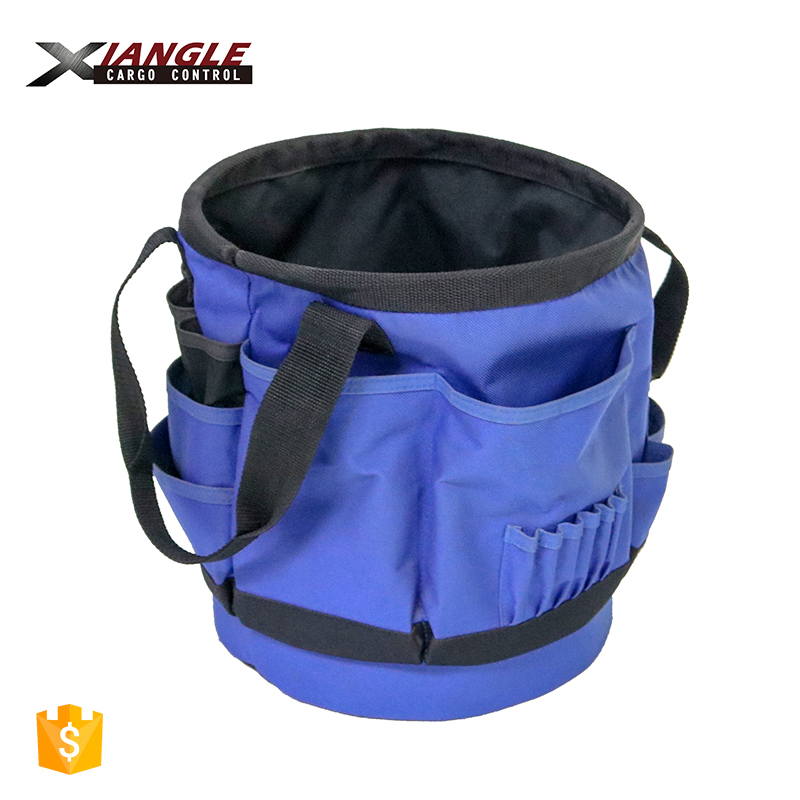Home decoration is a personal journey, and with so many styles and options available, it's no surprise that custom furniture has become increasingly popular. Unlike mass-produced items, custom-made furniture allows for unique designs tailored to individual preferences and space requirements. But how do you choose the right custom furniture that truly meets your needs? Let’s explore.
Part 1: Understanding the Benefits of Custom Furniture
Over the past decade, custom furniture has become a popular choice in home decoration. It offers flexibility, quick response to customer demands, and cost-effective solutions. Unlike traditional furniture, which follows a standard design, custom furniture caters to specific needs and tastes. But what exactly makes it so appealing, and what should you consider when purchasing?
Common Types of Custom Furniture
Today, many companies offer custom furniture options. These businesses focus on individual needs, offering personalized solutions based on mass production. Common custom furniture includes full wardrobes, built-in bookcases, kitchen cabinets, walk-in closets, and wall-mounted units. Each of these can be designed to fit your space perfectly.
Advantages of Custom Furniture
Custom furniture brings several benefits to both consumers and manufacturers. For customers, the main advantages include:
- Meeting Individual Needs: Custom furniture is designed according to your preferences, allowing for unique colors, styles, and features that mass-produced furniture cannot match.
- Cost Control: Since materials and designs are customizable, you can adjust the cost to suit your budget. Many brands also work with trusted suppliers, ensuring quality at a reasonable price.
- Enhanced Communication: Unlike finished furniture, where communication is limited, custom furniture requires deeper interaction between you and the manufacturer, ensuring your vision is realized.
Part 2: Avoiding Misconceptions When Buying Custom Furniture
Since custom furniture lacks standardization, it’s important to understand what to look for. The material, environmental impact, and pricing are all determined through direct communication with the manufacturer. Here are some key considerations:
Room Size Determines Style
The size and layout of your room play a big role in choosing the right furniture. If your space is small, go for minimalist and space-saving designs. Focus on functionality to avoid clutter and ensure comfort.
Match with Overall Decor
Your furniture should complement your home's style. A Chinese-style decor may not pair well with modern plate-style furniture, and vice versa. Make sure your custom pieces align with your overall interior design.
Focus on Practicality
While personalization is great, don’t sacrifice practicality. Ensure that every element of your furniture is functional, aesthetically pleasing, and follows good design principles. Don’t overcomplicate things just for the sake of uniqueness.
Avoid Unnecessary Waste
Many people choose custom furniture to save money while expressing their style. However, avoid unnecessary design elements that add cost without real value. Keep your budget in mind and avoid over-customizing if it leads to waste.
Part 3: Key Points for Accepting Custom Furniture
Even though custom furniture is designed to meet your needs, there are still potential issues to watch out for. Here are some important points to check during acceptance:
Check the Appearance
Inspect the surface finish, paint quality, and door/window panels. Look for smoothness, even color, and signs of defects like peeling, bubbles, or wrinkles. Also, check the veneer pattern, knots, and edge sealing for quality assurance.
Examine the Craftsmanship
Look at the joints and connections between different parts of the furniture. They should be tight and secure. Test drawers and cabinet doors for smooth operation and proper alignment. Check glass doors for cleanliness, symmetry, and smooth movement.
Review the Structure
Ensure the frame is sturdy and the structure is solid. Gently push the furniture to see if it sways or makes noise. Check for vertical alignment and warping to ensure stability and durability.
Verify the Dimensions
Good furniture isn’t just about looks—it must also be functional. Make sure the dimensions are ergonomic and meet the required standards for comfort and usability.
Check the Accessories
Make sure all accessories, such as cushion covers, side panel mats, and hinge covers, are included and in good condition. If anything is missing, report it immediately.
Tool bucket bag is a type of bag or carrier designed specifically for holding and transporting tools. It usually has a bucket-shaped design, with an open top and a wide base that allows for easy access to the tools inside.
Tool bucket bags are commonly made of durable materials such as canvas, nylon, or leather, and may have reinforced bottoms or sides to provide extra protection for the tools. They typically have multiple pockets and compartments, both inside and outside, for organizing and storing different types of tools.
Tool bucket bags are popular among professionals in various fields, such as construction, woodworking, plumbing, and electrical work, as well as DIY enthusiasts who need a convenient and portable way to carry their tools to job sites or around their homes.

Tool Bucket Bag,Bucket Tool Organizer,Tool Bucket Pouch,Garden Bucket Tool Bag
ZHANGJIAGANG CITY XIANGLE TOOL CO., LTD. , https://www.xiangletoolbag.com